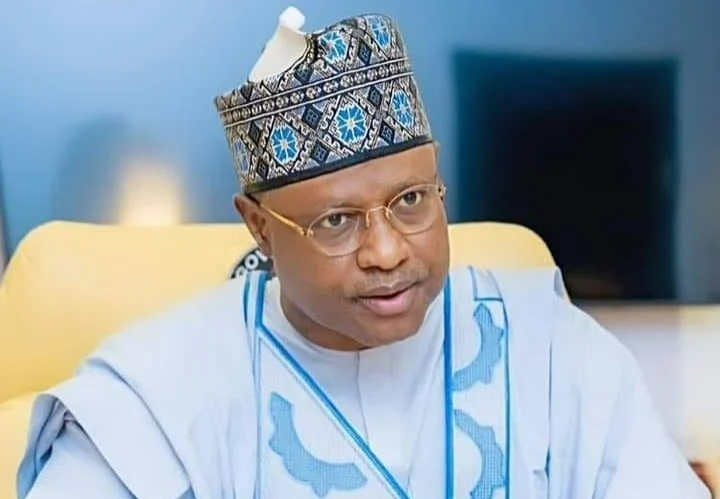The federal government, through the Presidential Compressed Natural Gas Initiative, has revealed that the number of vehicle conversion centres in Nigeria has surpassed 170, with a target of reaching 500 centres by 2025.
The National Coordinator and Chief Executive of the PCNGI, Michael Oluwagbemi, also mentioned plans to increase the number to 200 by the end of this year, following the inauguration of a new conversion centre by Portland Gas in Kado, Abuja.
Oluwagbemi further emphasized that the government has not spent any funds on constructing the conversion centres across the country.
He explained that the development of these centres is the result of collaboration between the public and private sectors, with investments being made through partnerships rather than direct government expenditure.
Oluwagbemi highlighted that the key success factor of the programme over the past year has been the involvement of the private sector, alongside public sector collaboration, to expand the adoption of CNG in Nigeria.
He noted that at the beginning of the year, there were only seven conversion centres, but this number has now surpassed 170, with none of them funded by the federal government. Additionally, over 1,000 technicians have been trained so far this year to support the initiative.
“Before the end of this year, I promise in the next two weeks, we will get to 200 centres. We are already looking for and certifying at least an additional 35 to 40 on our record. I believe we will get to 40 at the end of this year. And that is double our target. You remember this time last year, I told you our target was 100 and now 200.
“Next year, we have set a target of 500 for us and I believe we will meet it. We went from seven conversion centres to what we have now. Easily, I would say we are around 170. So today, from seven to 170, there is not a single one of those that were built by the Federal Government of Nigeria,” he explained.
Meanwhile, the Chief Executive of Portland Gas, Folajimi Mohammed, reiterated the company’s commitment to accelerating the establishment of conversion centres across the country.
He also highlighted that it takes approximately one hour to convert a single vehicle to use compressed natural gas (CNG), emphasizing the efficiency of the process in supporting the initiative’s growth.
He said “What we have here is a full state-of-the-art conversion center, where we have been able to segment different parts of the conversions from the mechanical part of it to the electrical and then the calibration. And of course, the calibration can be done without gas.
“So what we do here is a turnkey solution, where from the conversion part of it, you can make sure that you leave here within an hour or thereabouts, and you have a fully converted CNG car. And when I mean fully converted CNG car, I mean, it’s still a hybrid. You can have the option to switch from petrol to gas where you want to.”
On the safety of CNG vehicles, Mohammed acknowledged that while there had been one or two reported incidents, these were primarily attributed to the use of substandard materials by individuals attempting to cut corners.
“Now, the content of this gas is methane. And methane, as we know, is CH4. It’s lighter than air. So in the event of any collision, it disperses into the thin and dissipates. Every tank has an average of about 20 years. The oldest of our tanks that we have here were just made last year. So it still has a good duration of 19 years to go,” he added.
In his address, the Executive Vice Chairman of the National Agency for Science and Engineering Infrastructure, Khalil Halilu, emphasized that through the partnership, the government is offering policy guidance, infrastructure, and protection of intellectual property for investors.











